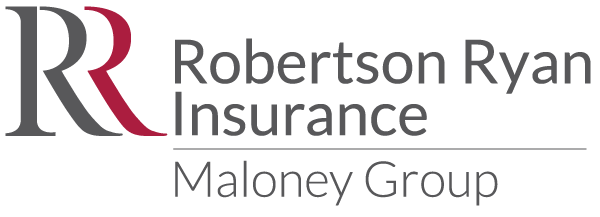What is a Condo?
A condominium, or condo, is a type of property ownership where individuals own their specific units while sharing ownership of common areas and amenities within the complex. Unlike renting, condo ownership builds equity, giving you the advantages of homeownership without the upkeep of a standalone property.
Understanding Condo Fees
Condo fees are regular payments made to the condo association to cover shared expenses, including:
- Maintenance and Repairs: Upkeep for shared areas like lobbies, hallways, pools, and landscaping.
- Utilities: Some utilities, like water or trash, may be included in your condo fees.
- Amenities: Fitness centers, pools, and community spaces are often maintained through these fees.
- Reserve Fund: A portion of fees may go toward a reserve fund for long-term repairs, like roofing or pavement.
Condo fees can vary based on the size of the complex, amenities, and location, so it’s essential to review them before purchasing a unit.

